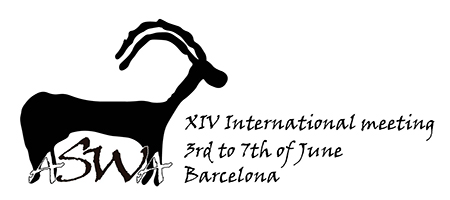This paper presents the results of a meta-analysis of published zooarchaeological data from sites in Jordan dating to between 26,000 and 11,000 cal BP. Taxonomic abundances from forty two assemblages are compiled and used to identify long term trends in animal exploitation. Drawing on broad spectrum theory, we use both conventional time series analysis of faunal categories (e.g. fast vs. small game; large vs. small ungulates ) and more holistic multivariate approaches. The results strengthen recent findings of significant geographic diversity in the composition of assemblages from different ecoregions within the southern Levant. Considering these regions independently provides evidence suggesting multiple, often divergent, trajectories in animal subsistence over time. We compare these trends against palaeoclimate and demographic data in order to elucidate possible drivers of faunal turnover and change in subsistence strategies.
|
|
|
By author > Swinson Kate
Long term trends in animal exploitation in prehistoric Jordan, 26,000–11,000 cal BP
1 : University College, London
| Online user: 1 | RSS Feed |

|

 PDF version
PDF version